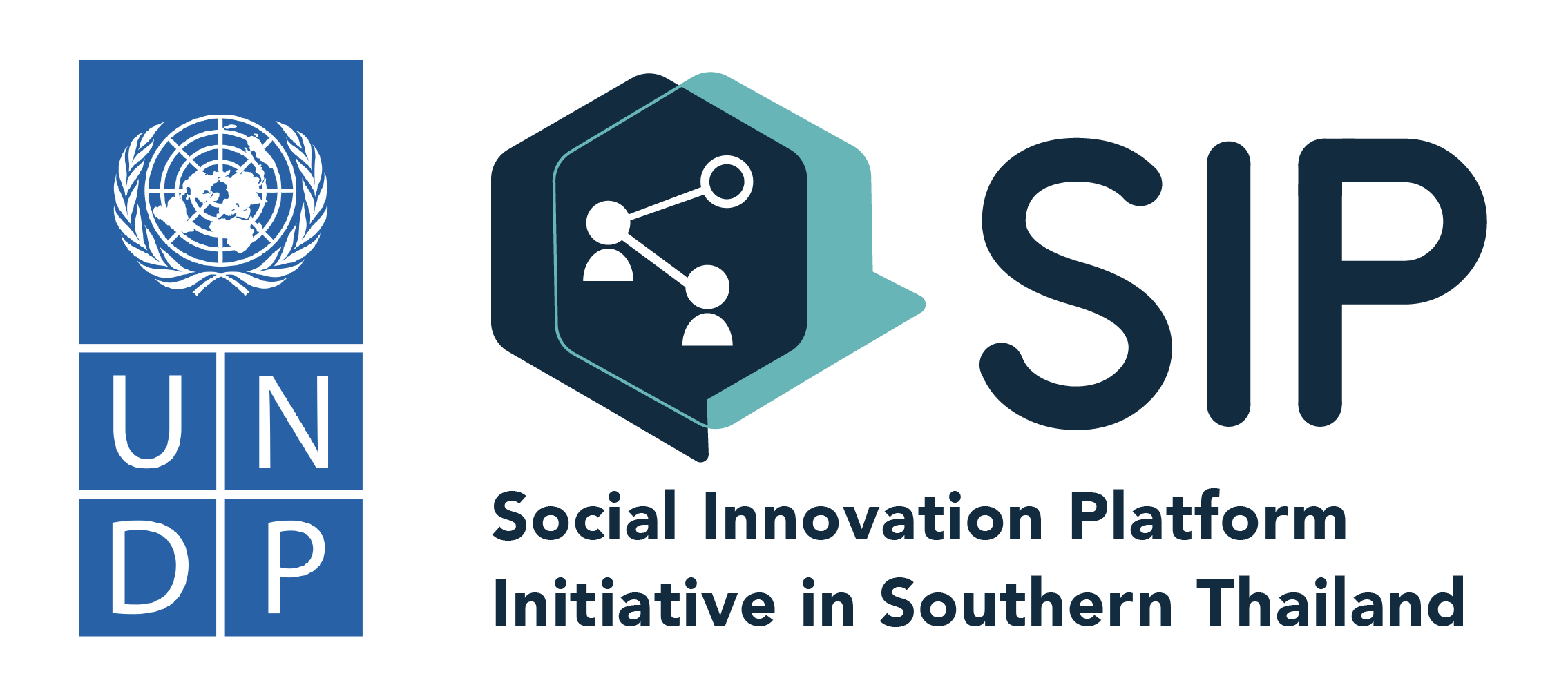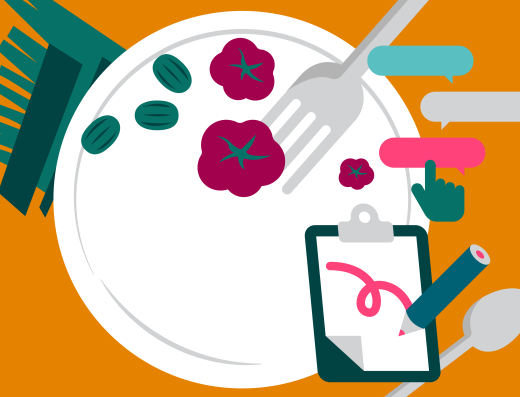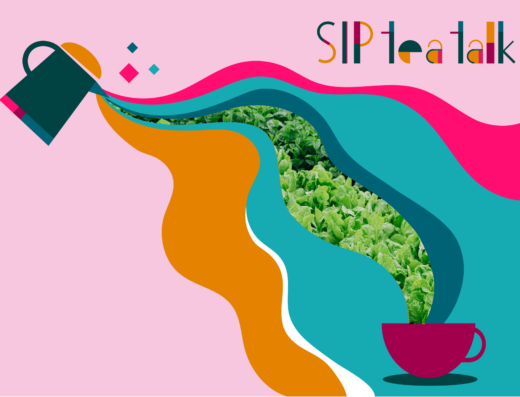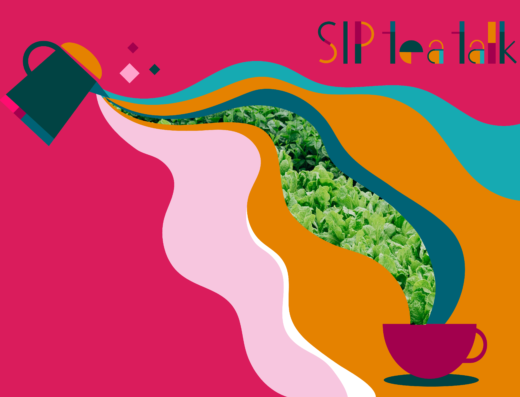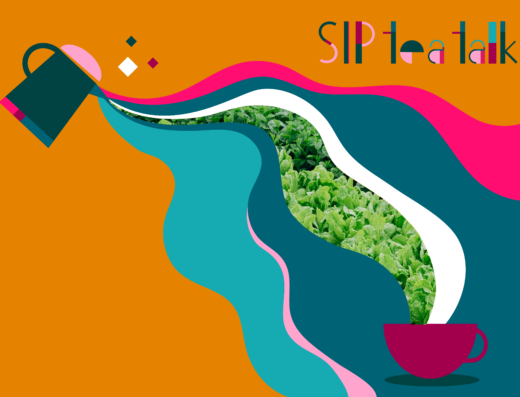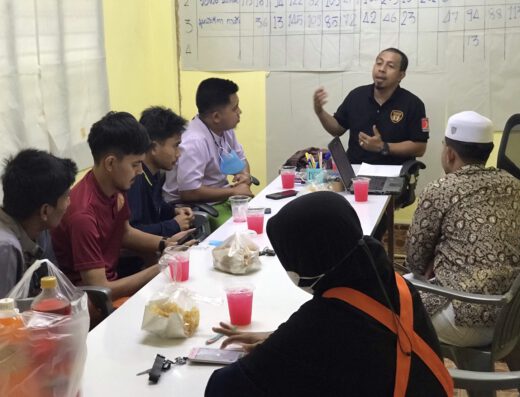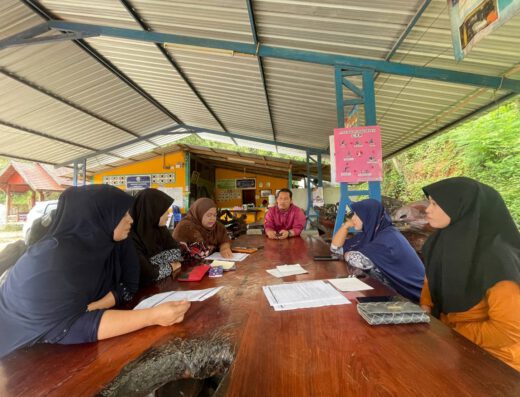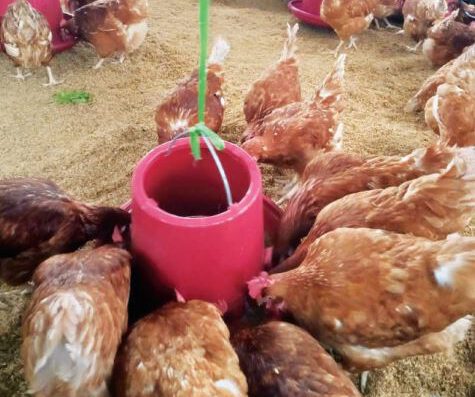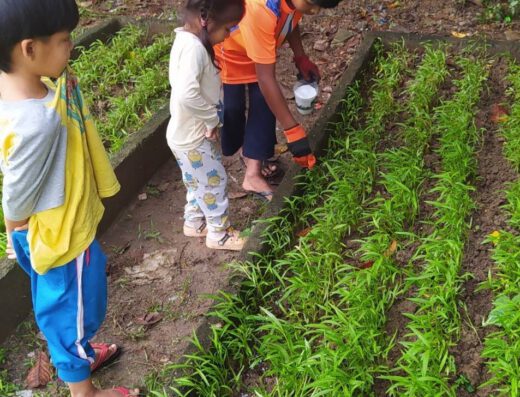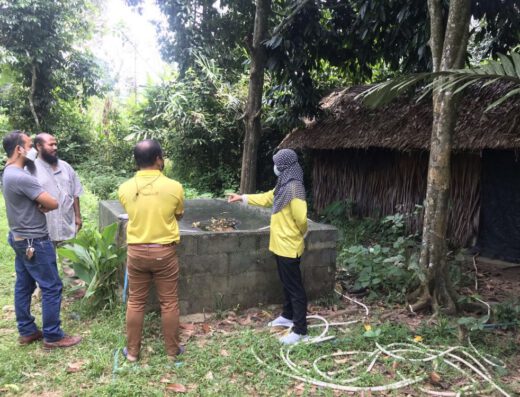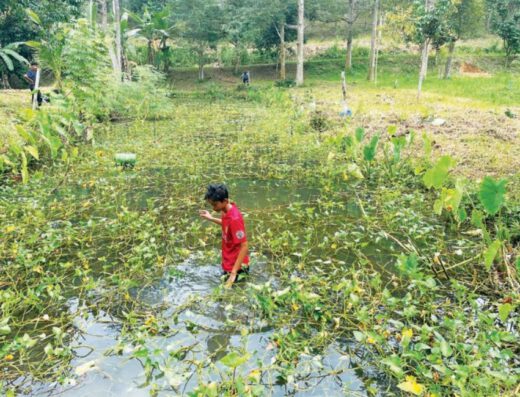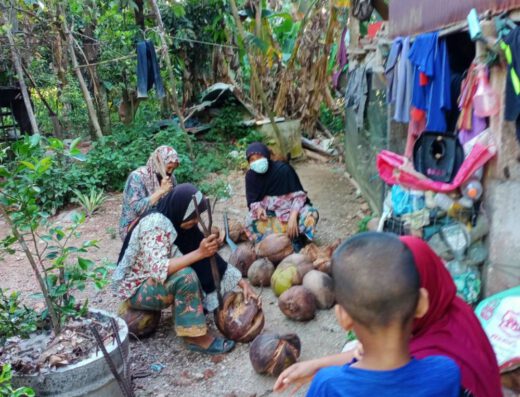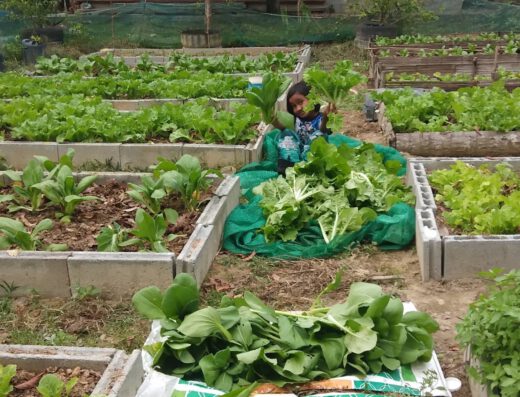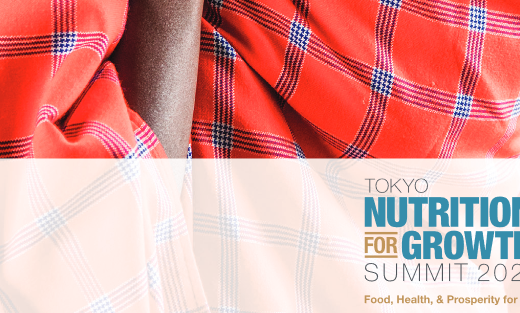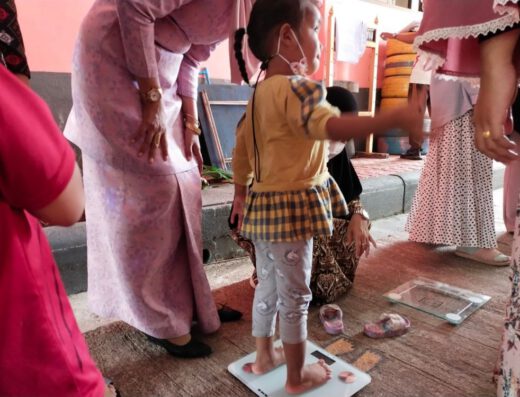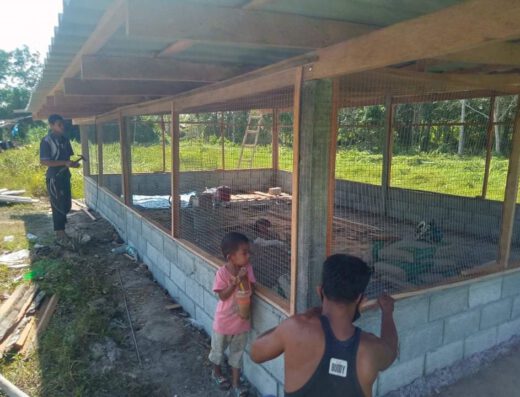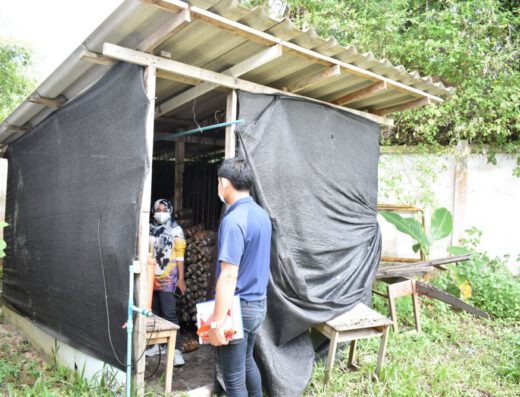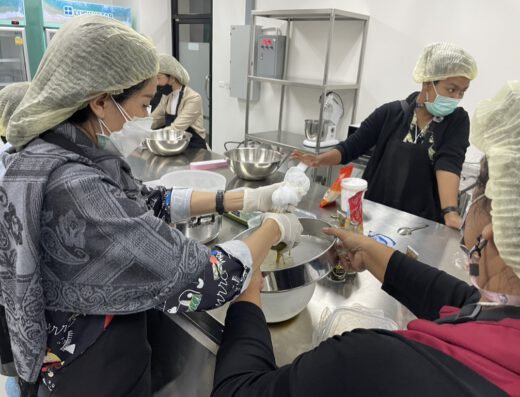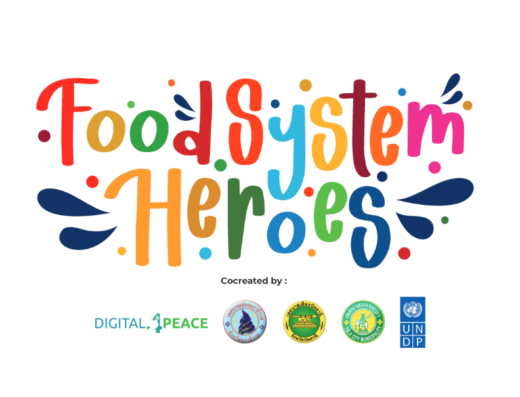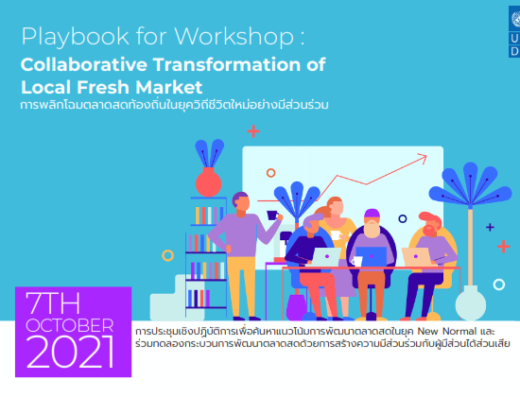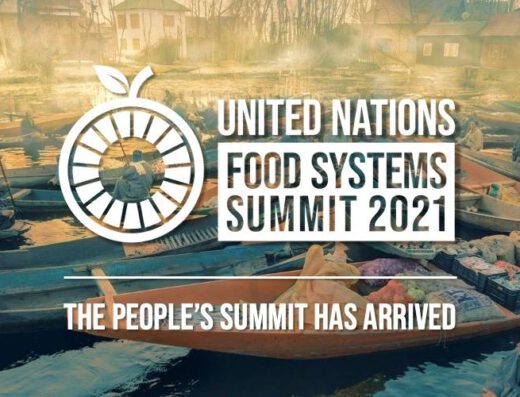This post is also available in:
![]() ไทย
ไทย
No single solution will provide the response that is needed to complex development challenges, since people, groups and communities are experiencing the impacts differently. Thus, a deeper understanding of the social, economic and cultural dynamics that are conditioning the evolution of challenges in real-time is necessary to co-create new and better solutions tailored to each segment of the population.
Shifting from single-point solutions and linear projects to an open innovation platform (variety of actors, methodologies, and interconnected actions) that is holistically framed by the principle of SDGs integration, UNDP in collaboration with Agirre Lehendakaria Center for Social and Political Studies is promoting a platform focused on transforming local food systems through a portfolio approach, with multi-stakeholders partnerships in and around local food systems in the southern border provinces including local authorities, local academic institutions, young creative groups, local incubators, schools, farmers, food entrepreneurs, consumers, local business associations, and market managers. This portfolio of activities is developed under a process entitled “Social Innovation Platform (SIP)”.
Traditionally, identified challenges are tackled by existing solutions or by specific and linear projects with experts. Within the SIP approach, identified challenges are tackled by an open innovation platform (a variety of actors, methodologies, and interconnected actions). This will not only help to build a responsive system but is also more likely to bring about systemic change than traditional linear projects, by functioning as a platform for peacebuilding and social cohesion for communities bridging the gap between duty bearers and right holders.
🌿 JOURNEY TO PORTFOLIO EXPERIMENTATION 🌿
Under this sub-national social innovation platform, co-creation and inter-linkages are the essential process of breaking the silos, building the partnerships, and leveraging collective impacts. The interconnected nature of food systems offers an opportunity to demonstrate the importance of integration for systemic changes that also contribute to the achievement of the SDGs.
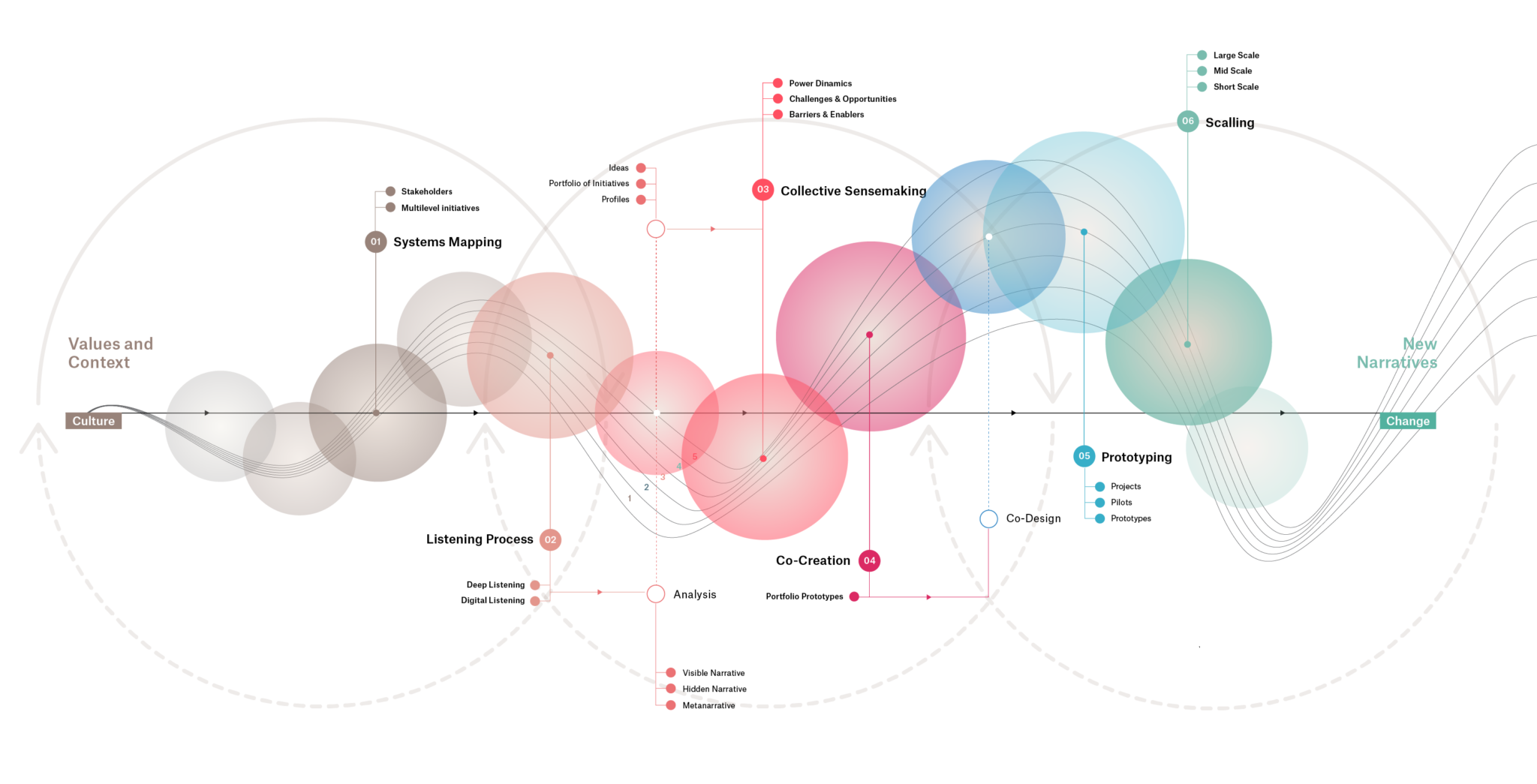
Setting the scenes
The first workshop was held in September 2019 where social innovation platform as a means to transform socioeconomic systems of the sub-region was introduced. Three problems were distinctively discussed: food systems, tourism, and businesses.
Identification of portfolios
After the first field visit and interview with 50 peoples to learn about their challenges and opportunities under those issues, nine personas were constructed by ALC. They were then introduced through an online platform called SenseMaker. Around 70 people were invited to answer questions and reflect if they feel the personas representing or resonating their own stories, which ones, if yes then how. An extensive portfolio of 30 investment prototypes has been developed that interconnects multiple development issues. They are designed to help inform budget allocations, guide policy decision and attract various sources of investment (public, private, philanthropy) that will provide capital into the entire innovation cycle iteratively.
These prototypes are:
1. Aimed to address the needs and opportunities identified by the communities. This is important because they are directly responding to the narrative patterns operating in the area and conditioning the success of any initiative carried out in the region;
2. Multilevel: for a real systemic impact, the prototypes address at least five different levels within this portfolio: community actions, small and mid-scale actions with business models (i.e. startups), large scale actions (i.e. public-private partnerships), public services redesign and regulation experimentation;
3. Interconnected both conceptually (with each other to the same logic, and at the same time with the existing ecosystem, creating new products, services and actions from existing ones) and physically (from the concept of markets as safe spaces for different religious communities, identified during the listening process, and the necessities identified during the digital listening process too, this proposal suggest taking food markets as experimental spaces for the post-Covid Scenario.
After the portfolio was designed, the core team selected 10 prototypes to be tested in the southern border provinces. Prior to experimentation, the core team sought feedbacks and inputs from stakeholders, partners, and experts in order to identify the most suitable and potential entry point for each prototype.
🌿 DIALOGUE & PLATFORM 🌿
PLATFORM – Spaces for Collective Interpretation
Designing spaces for collective reflection on the portfolio is essential to accelerate learning and increase coherence of interventions. According to Margaret Wheatley and Deborah Frieze in Using Emergence to Take Social Innovation to Scale,
1. Community of Interest – Discovering Shared Meaning and Purpose
2. Community of Practice – Developing New Practices Together
3. Community of Influence – New Practices Become the Norm
Follow the journey in UNDP SDG Integration page here: https://sdgintegration.undp.org/countries/thailand
